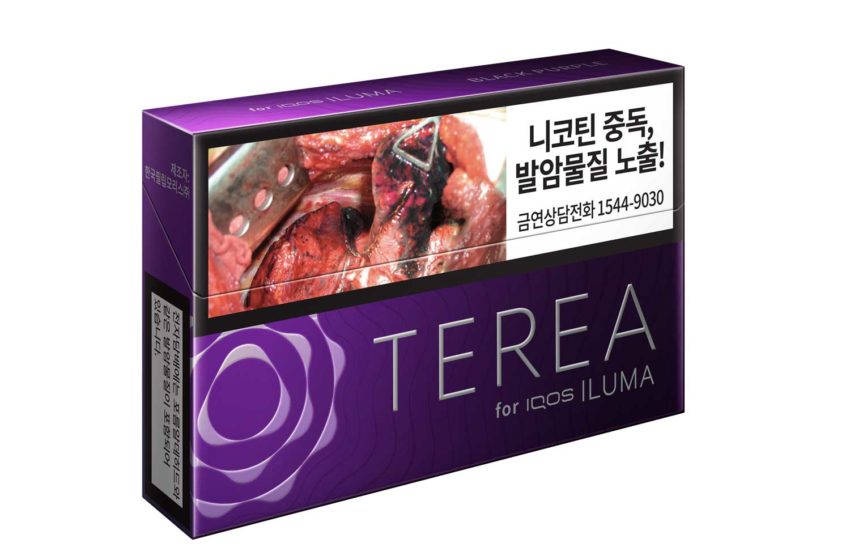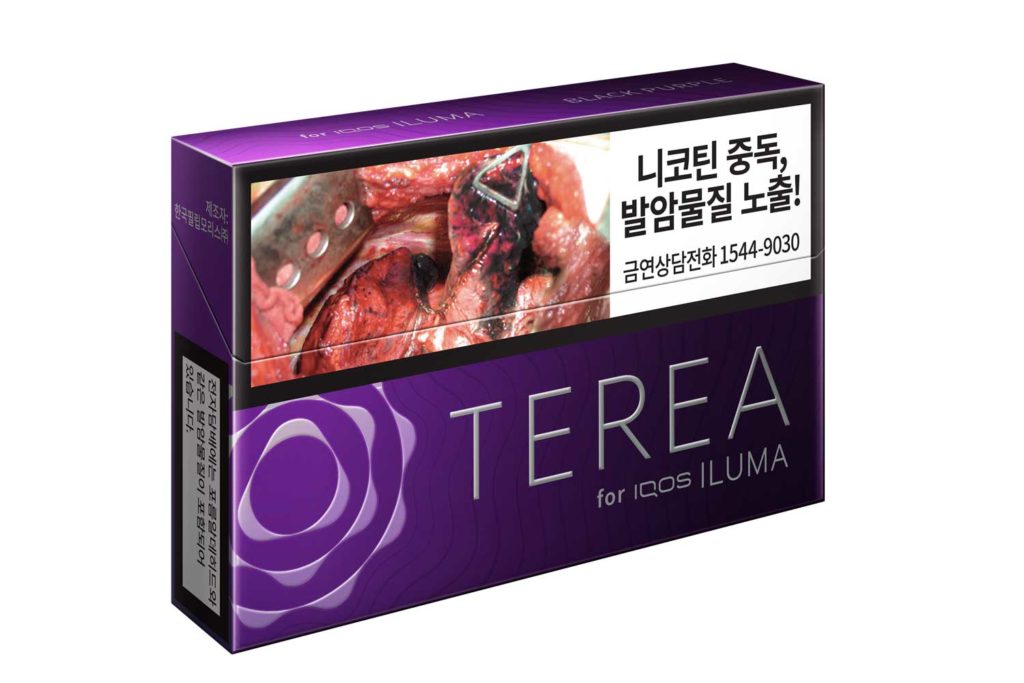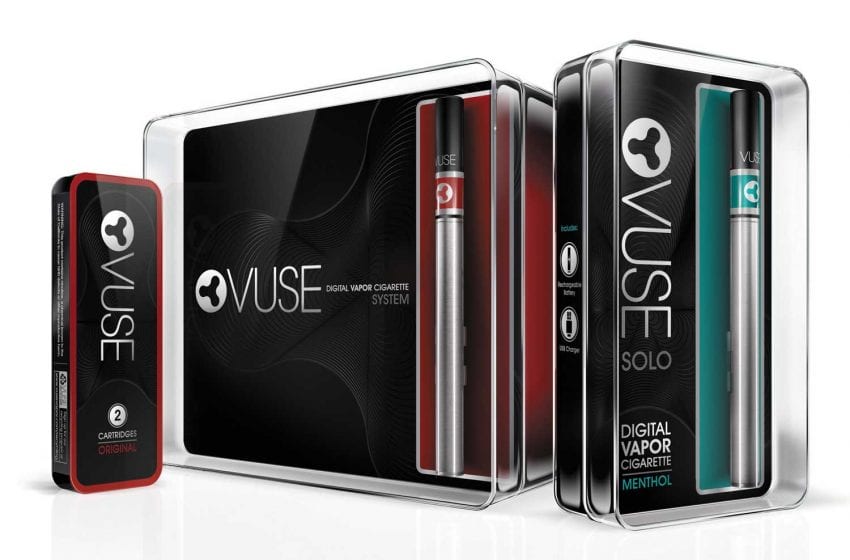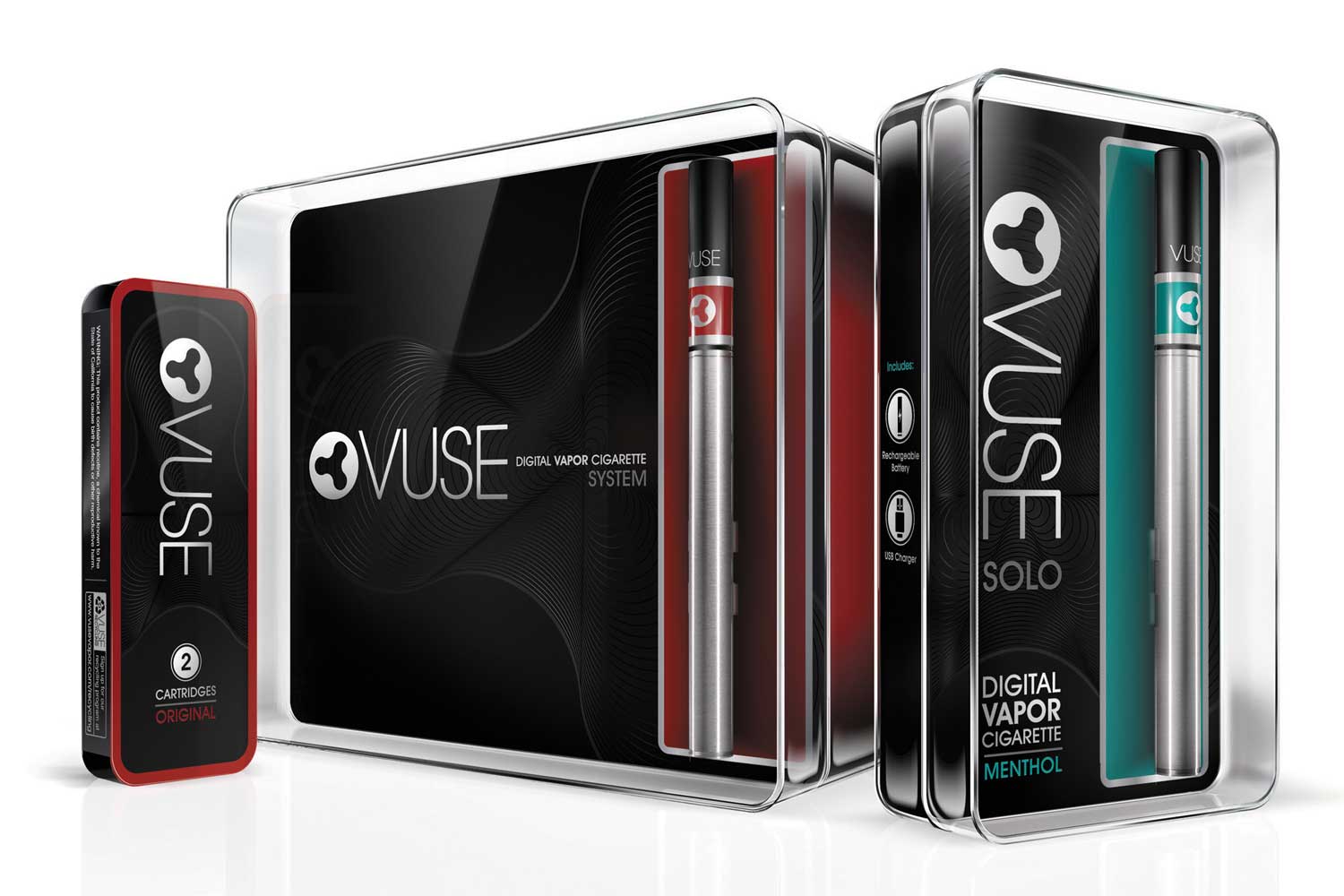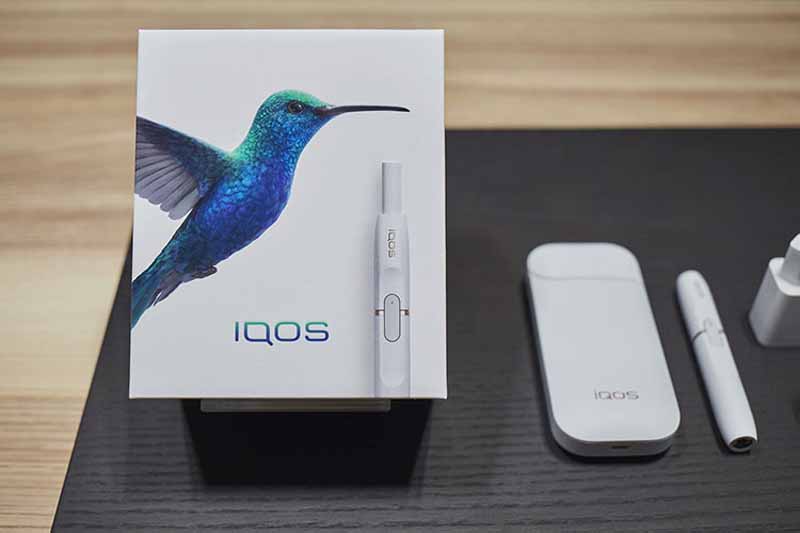
The National Police Agency confirmed to Taiwan News that police can now issue on-the-spot fines of up to TWD10,000 ($330) to those caught vaping after Taiwan’s legislature passed amendments to Taiwan’s Tobacco Hazards Prevention Act.
E-cigarette users can either be fined on the spot, or photo and video evidence can be used by the government to send the fines to violators’ registered addresses, similar to fines currently issued for smoking in nonsmoking areas, jaywalking and other minor offenses.
The fine for vaping is now the same as for smoking in areas designated as nonsmoking, between TWD2,000 and TWD10,000.
The amendments also increase the legal age for purchasing cigarettes from 18 to 20 and prohibit the sale of e-cigarettes and heated-tobacco products. Importers, manufacturers and sellers can now be fined up to TWD50 million.


